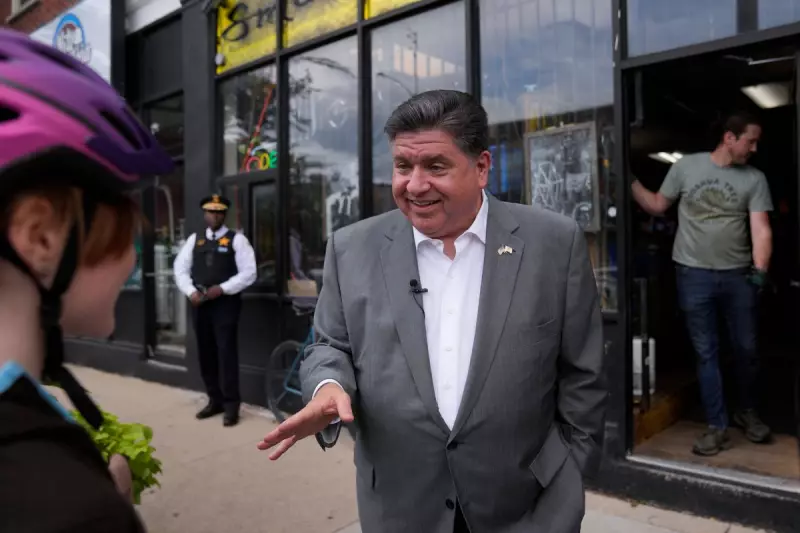
Illinois Governor JB Pritzker has delivered a blistering rebuke of former President Donald Trump, condemning his recent comments about Chicago's South Side as profoundly "racist" and "reprehensible." The powerful response came after Trump's controversial rally speech, where he made inflammatory remarks about the predominantly African-American community.
The Democratic governor, known for his outspoken criticism of Trump, didn't mince words when addressing the former president's rhetoric. Pritzker emphasised that such divisive language has no place in American political discourse and undermines efforts to address the real challenges facing urban communities.
Trump's Controversial Rally Remarks
During his recent political rally, Trump targeted Chicago's South Side with what many have interpreted as racially charged language. The former president's characterisation of the area echoed his previous controversial statements about urban communities, drawing immediate criticism from political opponents and community leaders alike.
Pritzker's response highlights the ongoing tension between Trump's populist rhetoric and Democratic leaders in predominantly blue states like Illinois. The governor positioned himself as a defender of Chicago's diverse communities against what he characterised as harmful stereotyping.
A Pattern of Political Confrontation
This incident represents the latest chapter in the ongoing political feud between Pritzker and Trump. The Illinois governor has consistently positioned himself as a vocal opponent of Trump's policies and rhetoric, even before the former president's time in office ended.
Political analysts suggest that Pritzker's strong response serves both to defend his constituency and to reinforce his position within the Democratic Party as a firm opponent of Trumpism. The exchange also reflects the broader national divide in American politics as the country moves toward future election cycles.
The controversy has sparked renewed discussion about the appropriate tone for political discourse regarding urban communities and the responsibility of political leaders to address systemic issues without resorting to harmful stereotypes.





